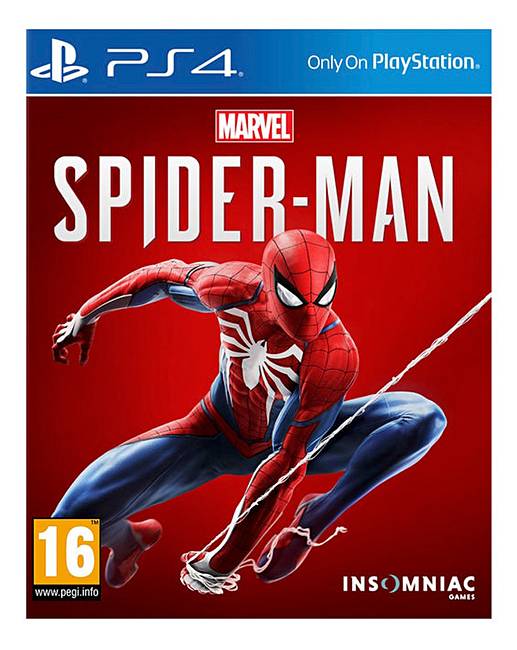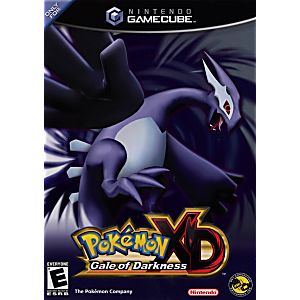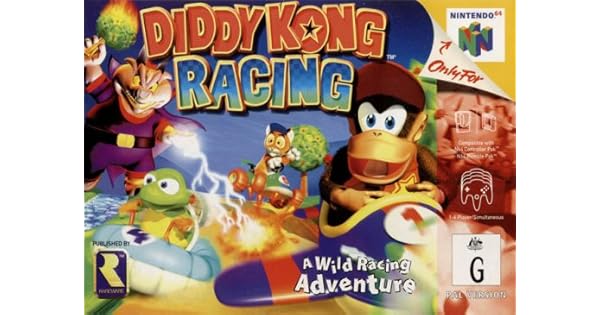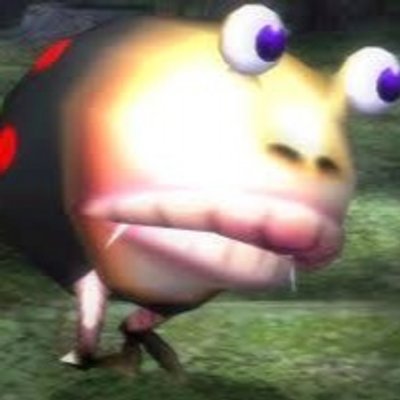Entry tags:
Ocarina Revisited
I was lucky, and extremely thankful, that I was granted my request for two extra days off last week. Nothing beats a four-day weekend, along with an opportunity to rest, quite comfortably, on your laurels. It's that experience, then, (or, at least, an element of that experience) that I want discuss today, because last Friday I had the chance to recomplete The Legend of Zelda: Ocarina of Time. I'd collected every Medallion, defeated every boss, and shut down every dungeon; all that remained was to beat Ganondorf.
Ocarina of Time, released in Christmas 1998, was an extremely difficult game to hunt down at the time. Indeed, it was so coveted that it remains one of the only Christmases where my parents couldn't secure the game I wanted: every shop was inundated by pre-orders and anxious relatives on call. It wasn't until April 1999 that I actually managed to get my hands on a copy, having seen an ad in the Evening Echo's pink pages. My dad and I drove to Ballincollig and paid £30 for a second-hand copy, and while the manual was well-thumbed and the cardboard box was slightly frayed, it was at least a copy -- and those were still elusive, four months on.
Since that evening when my cousin Aidan played through the opening stages with me (we stopped on our way back from Ballincollig), I've completed the game around ten or eleven times: eight times on N64, once on GameCube, and twice on 3DS. It's no surprise, then, that every inch of the game is deeply embedded within my memory. I'm intimately familiar with every single secret, camera angle, and sound effect; I can even repeat the dialogue verbatim a lot of the time. This is why, I would argue, every book, game, or film is better the second and third time round. Once you have a greater understanding of the work and the parts you like the best, it becomes like an old, trusted friend.
The strength of Ocarina of Time is probably not in its story, though I think its poignancy is underrated; the splitting of the timeline in Ocarina makes it an integral part of the whole saga, too. Its graphics were some of the best on the N64, the 3DS version is gorgeous, and the music is awe-inspiring, with a combination of updated tunes from A Link to the Past and melodies that would cement themselves in later Zelda games. It's not very challenging for experts but quite challenging for neophytes -- Bongo Bongo is genuinely intimidating the first time round -- and in terms of both longevity and replayability, it'll take a while to see everything Hyrule has to offer.
But beyond that, there's something truly magical about Ocarina of Time; something that hasn't quite been matched by later Zelda games (except perhaps Breath of the Wild). It's in the way the sun rises and sets over Hyrule, setting the stage for either a heroic jaunt or an eerie adventure, depending on the time of day. It's in the bittersweet look in Princess Zelda's eyes at the end of the game, when she plays the ocarina and returns you to your own time. It's in those gloomy dungeons where you realize you're about to confront another Dead Hand, in the bizarre windmill paradox triggered by Hyrule's Guru-Guru, and, perhaps most of all, when Rauru asks you to take a look at your adult self. Beating Ganon/Ganondorf is another highlight too, as you prove that the Master Sword really does have the power to 'repel' evil. These are truly exceptional moments that inspire all sorts of memories and emotions for me (and a whole generation of Nintendo fans).
If you've never played a Zelda game before, then this is the place to start. Order yourself a copy from Amazon or CeX and witness a game that influenced practically every 3D game that followed it.
Ocarina of Time, released in Christmas 1998, was an extremely difficult game to hunt down at the time. Indeed, it was so coveted that it remains one of the only Christmases where my parents couldn't secure the game I wanted: every shop was inundated by pre-orders and anxious relatives on call. It wasn't until April 1999 that I actually managed to get my hands on a copy, having seen an ad in the Evening Echo's pink pages. My dad and I drove to Ballincollig and paid £30 for a second-hand copy, and while the manual was well-thumbed and the cardboard box was slightly frayed, it was at least a copy -- and those were still elusive, four months on.
Since that evening when my cousin Aidan played through the opening stages with me (we stopped on our way back from Ballincollig), I've completed the game around ten or eleven times: eight times on N64, once on GameCube, and twice on 3DS. It's no surprise, then, that every inch of the game is deeply embedded within my memory. I'm intimately familiar with every single secret, camera angle, and sound effect; I can even repeat the dialogue verbatim a lot of the time. This is why, I would argue, every book, game, or film is better the second and third time round. Once you have a greater understanding of the work and the parts you like the best, it becomes like an old, trusted friend.
The strength of Ocarina of Time is probably not in its story, though I think its poignancy is underrated; the splitting of the timeline in Ocarina makes it an integral part of the whole saga, too. Its graphics were some of the best on the N64, the 3DS version is gorgeous, and the music is awe-inspiring, with a combination of updated tunes from A Link to the Past and melodies that would cement themselves in later Zelda games. It's not very challenging for experts but quite challenging for neophytes -- Bongo Bongo is genuinely intimidating the first time round -- and in terms of both longevity and replayability, it'll take a while to see everything Hyrule has to offer.
But beyond that, there's something truly magical about Ocarina of Time; something that hasn't quite been matched by later Zelda games (except perhaps Breath of the Wild). It's in the way the sun rises and sets over Hyrule, setting the stage for either a heroic jaunt or an eerie adventure, depending on the time of day. It's in the bittersweet look in Princess Zelda's eyes at the end of the game, when she plays the ocarina and returns you to your own time. It's in those gloomy dungeons where you realize you're about to confront another Dead Hand, in the bizarre windmill paradox triggered by Hyrule's Guru-Guru, and, perhaps most of all, when Rauru asks you to take a look at your adult self. Beating Ganon/Ganondorf is another highlight too, as you prove that the Master Sword really does have the power to 'repel' evil. These are truly exceptional moments that inspire all sorts of memories and emotions for me (and a whole generation of Nintendo fans).
If you've never played a Zelda game before, then this is the place to start. Order yourself a copy from Amazon or CeX and witness a game that influenced practically every 3D game that followed it.











